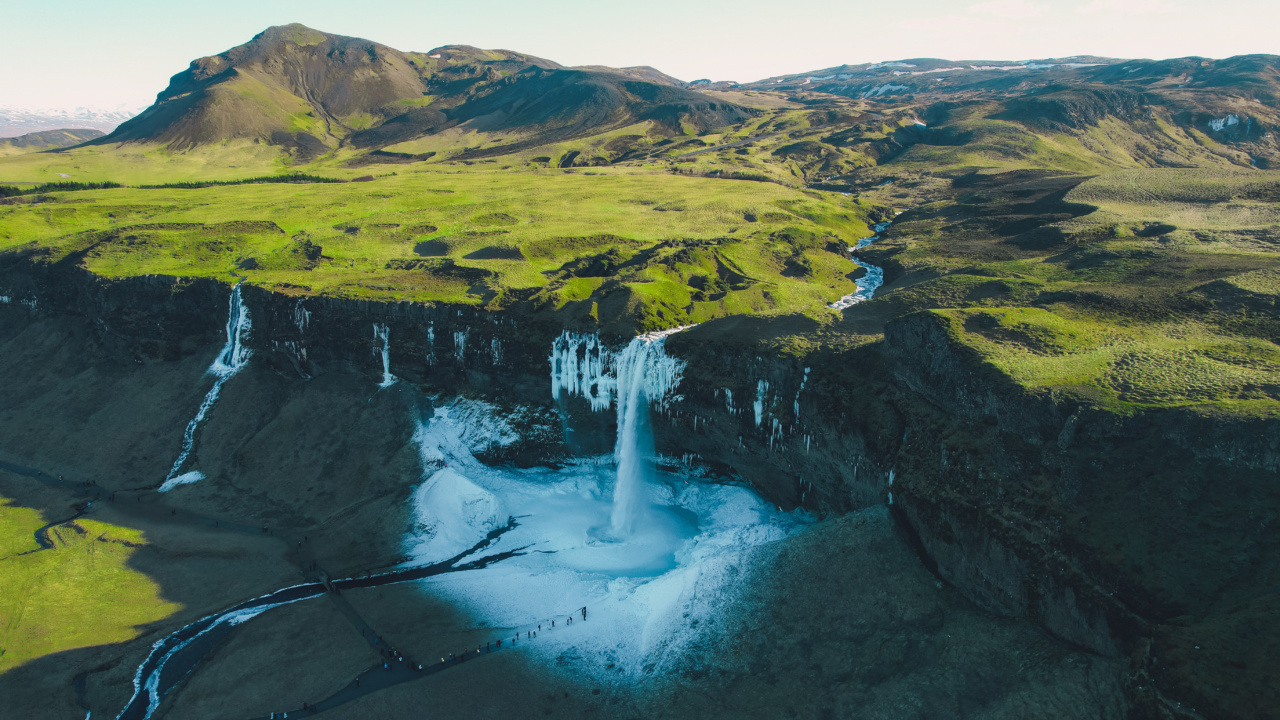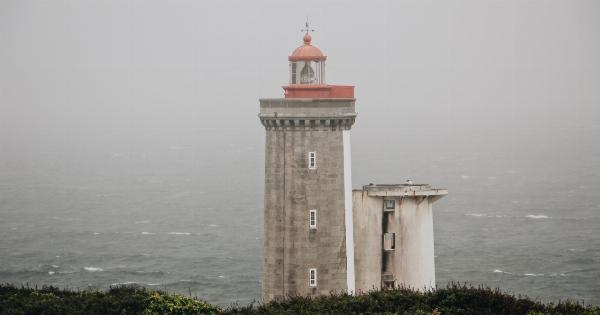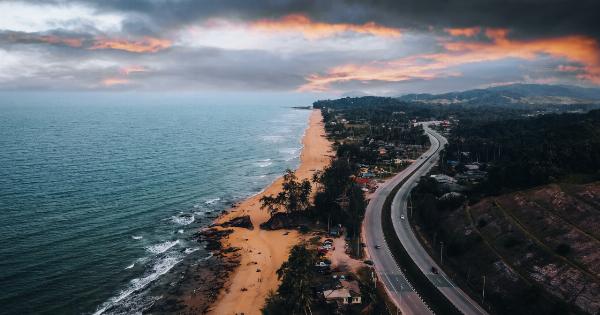Paradise – the word itself conjures up images of serene beauty, tranquility, and ultimate bliss. Throughout history and across various cultures, paradise has been depicted in different ways and held varying meanings.
Whether it is a physical location, a state of mind, or a spiritual realm, the concept of paradise has captivated the human imagination for centuries. In this article, we delve into the depths of paradise, exploring its definitions, interpretations, and how it is approached by individuals and societies.
A Multitude of Definitions
Paradise, despite its universal appeal, does not have a singular definition. It takes on different forms depending on cultural, religious, and personal perspectives. Let us explore some of the diverse definitions and representations of paradise.
1. Religious Paradises
In several major religions, paradise is commonly portrayed as a heavenly realm or a form of afterlife. In Christianity, for example, paradise refers to the Garden of Eden – a place of perfect bliss and harmony that humanity lost due to disobedience.
Similarly, in Islam, paradise is described as Jannah – an eternal abode of joy and fulfillment for believers who have lived righteous lives on Earth.
2. Utopian Ideals
Paradise is not solely limited to religious contexts; it also finds expression in secular ideologies. Various philosophical and political movements have sought to create earthly paradises by envisioning ideal societies.
Plato’s “Republic” and Thomas More’s “Utopia” are celebrated works that depict perfect societies marked by justice, equality, and prosperity. While these utopias may exist only in theory, they inspire individuals to strive for a more harmonious world.
3. Natural Wonders
Nature, with its awe-inspiring landscapes and breathtaking beauty, often embodies paradisiacal qualities. From lush, tropical rainforests to pristine beaches with crystal-clear waters, these natural wonders create a sense of paradise on Earth.
National parks, such as Yosemite in the United States or Serengeti in Tanzania, offer glimpses into the sheer magnificence and tranquility of the natural world.
4. Personal Paradise
Paradise can also be a deeply personal experience, unique to each individual. It may manifest as a state of mind, a moment of pure joy, or a place of personal significance.
It could be found in a quiet cabin nestled in the mountains, a favorite childhood memory, or even a creative outlet that brings immense satisfaction. These personal paradises provide solace, inspiration, and a refuge from the complexities of life.
5. Paradises in Literature and Art
Literature and art have long been powerful mediums through which paradise is imagined and portrayed.
From Dante’s “Divine Comedy” to Milton’s “Paradise Lost,” these works of literature grapple with the concept of paradise in profound ways. Paintings, sculptures, and other visual art forms also capture different interpretations of paradise, whether it is Botticelli’s depiction of the Garden of Eden or Monet’s serene water lilies.
The Human Quest for Paradise
Regardless of the definition, the idea of paradise holds an irresistible allure for human beings. It represents a longing for something greater, a yearning for a sense of completion, and a desire for a perfect existence.
The quest for paradise is deeply ingrained within our collective consciousness.
1. Seeking Paradise in Material Wealth
In modern society, material wealth is often equated with personal happiness and fulfillment. Many individuals pursue financial success and material possessions in the hope that it will bring them closer to their own version of paradise.
However, the pursuit of wealth alone rarely leads to lasting contentment, as true paradise transcends materialistic boundaries.
2. Escaping to Paradise through Travel
Traveling to exotic destinations and exploring new cultures is a common way for people to seek a taste of paradise.
Whether it is relaxing on a tropical island, immersing oneself in a foreign city, or hiking through majestic mountain ranges, travel allows individuals to momentarily escape the realities of everyday life and experience the beauty of the world.
3. Spirituality and Inner Enlightenment
For some, paradise lies in the realm of spirituality and inner enlightenment. Practices such as meditation, yoga, and mindfulness help individuals connect with a higher power, attain inner peace, and find solace in the present moment.
By transcending the material world, individuals aim to discover a deeper and more profound form of paradise within themselves.
4. Balancing Paradise with Reality
While the pursuit of paradise is inherent in human nature, it is essential to strike a balance between yearning for something more and appreciating the present.
Obsessively seeking an unattainable paradise can lead to dissatisfaction and an inability to find contentment in life’s simplest pleasures. The key lies in finding harmony between aspirations for paradise and embracing the beauty and imperfections of reality.
The Fragility of Paradise
As much as paradise captivates and entices, it is often fragile and transient. The very essence of paradise implies a contrast with the mundane and imperfect nature of everyday life.
It is this fragility that makes paradise all the more alluring, as we are acutely aware of its transitory nature.
1. Environmental Threats to Paradise
The rapid degradation of the natural environment poses a significant threat to many paradisiacal places on Earth. Pollution, deforestation, climate change, and over-tourism endanger delicate ecosystems, leading to irreparable damage.
Preserving these natural paradises requires collective efforts and a deep commitment to sustainability and environmental conservation.
2. Loss of Innocence and Idealism
As individuals mature and become more attuned to the complexities of the world, their notions of paradise may evolve. Childhood innocence and idealism can give way to cynicism and disillusionment.
The pursuit of paradise is often an attempt to recapture a sense of wonder and simplicity that may gradually fade with time.
3. Cultural and Historical Changes
Paradise is not stagnant; it evolves alongside cultural and historical shifts. Societal changes, technological advancements, and globalization contribute to the transformation of paradises.
As societies become more interconnected, cultural paradises intertwine, and traditional notions of paradise may be reshaped or replaced entirely.
In Conclusion
Paradise, with its multifaceted definitions and representations, continues to captivate our imagination and serves as a source of inspiration.
Whether it is found in religious beliefs, earthly wonders, personal experiences, or creative pursuits, the quest for paradise remains an integral part of the human experience. While the pursuit may be endless and paradise itself may be elusive and fragile, it is in the search that we discover profound beauty and meaning.































